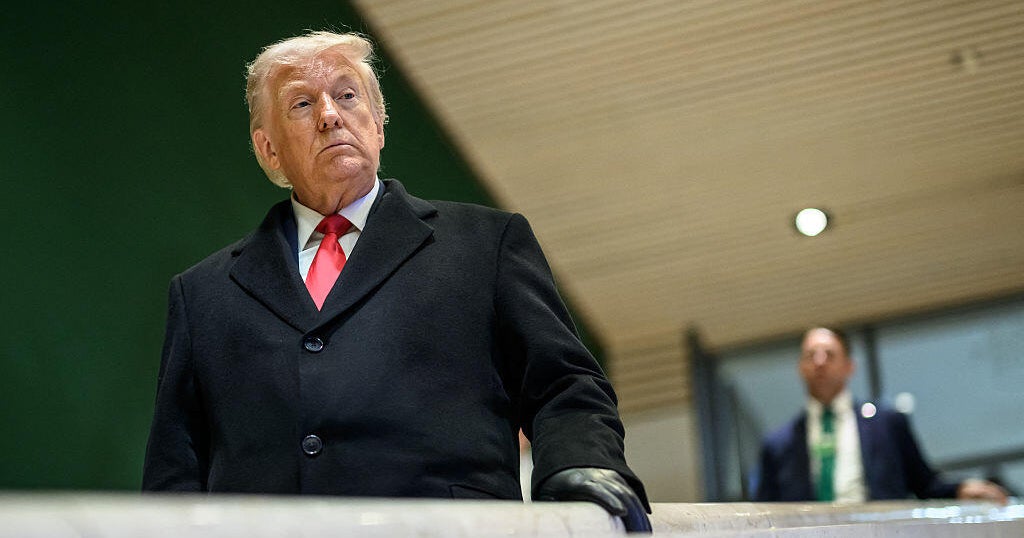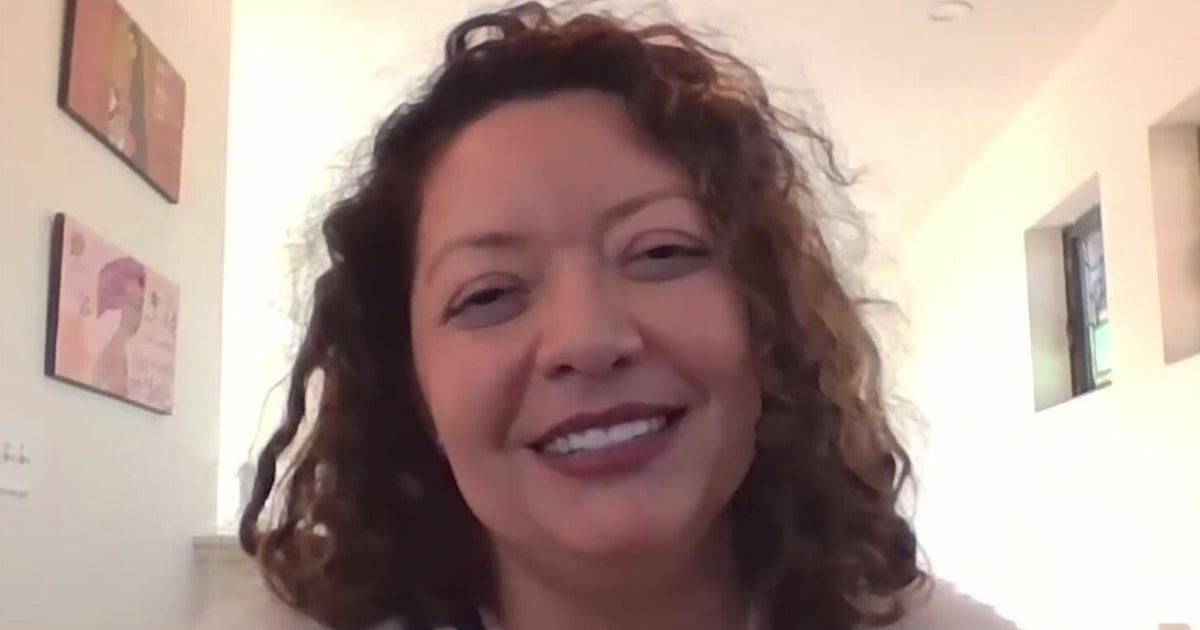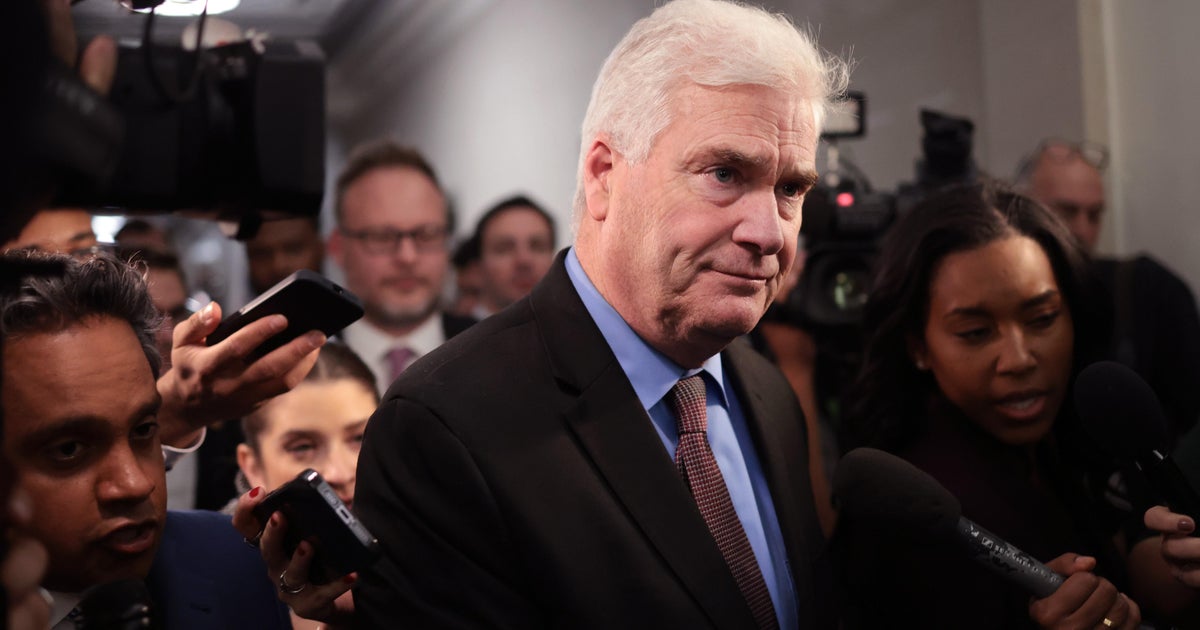Trump vows to hold insurance companies, hospitals "totally accountable" for surprise medical bills
As part of the Trump administration's effort to protect Americans from rising drug and health care costs, President Trump is now vowing to "hold insurance companies and hospitals totally accountable" for the practice of surprise medical billing. The term describes what happens when an insured patient is hit by costly charges after inadvertently receiving care from an out-of-network health care provider.
Mr. Trump called it "one of the biggest concerns Americans have about health care" today.
"For too long, surprise billings, which has been a tremendous problem in this country, has left some patients with thousands of dollars of unexpected and unjustified charges for services they did not know anything about and sometimes services they didn't have any information on," the president said.
He called the unwanted charges "not a pleasant surprise, a very unpleasant surprise."
It's an often expensive mistake that many patients encounter when they least expect it -- like during an emergency trip to the hospital when a patient doesn't necessarily have the ability to select the type of care, doctors or ambulance providers that might be within the patient's network.
In some cases, even if the hospital a patient is admitted to is within the insurer's network, hospitals can create treatment plans that use individual doctors, such as a specialist or anesthesiologist, that are are out of network, leading to unwelcome surprise costs. Hospitals will also sometimes refer to these bills as "balance bills" because they attempt to collect the balance left between what they billed the patient and what the patient ended up paying.
Ending surprise medical billing, which the president highlighted in his 2019 State of the Union, remains a priority for the Trump administration, the White House said.
While he didn't provide specifics, Mr. Trump also hinted at unveiling a "very comprehensive" measure within the next two weeks to help bring transparency to health care that he claimed would have "tremendous" and "bigger" impact than the Affordable Care Act on American consumers.
Currently, only nine states, including California, Connecticut, Florida, Illinois, Maryland, New Hampshire, New Jersey, New York, and Oregon, have comprehensive protections for surprise bills, according to the Commonwealth Fund.
Federal legislation might help those in self-funded insurance plans exempt from state regulations put in place by the Affordable Care Act. There is bipartisan interest in curbing surprise medical billing, with proposals to federally prohibit the practice offered by Sens. Bill Cassidy, Maggie Hassan and Reps. Lloyd Doggett and Michelle Lujan Grisham.
In his remarks, Mr. Trump said the White House would be rolling out new "principles that should guide Congress to bipartisan legislation to end surprise medical billing."
[My administration] is eager to work with both parties to save American patients thousands of dollars and give American families greater piece of mind," he added.





